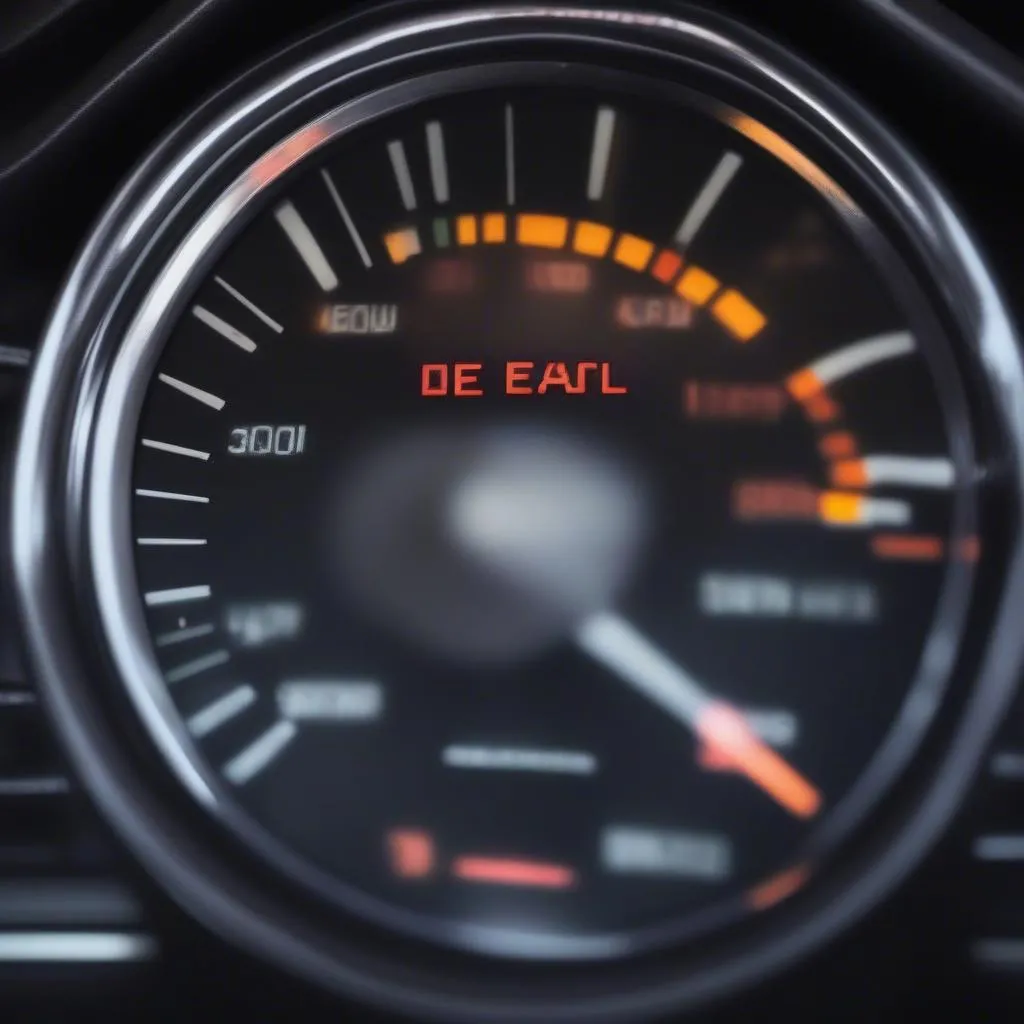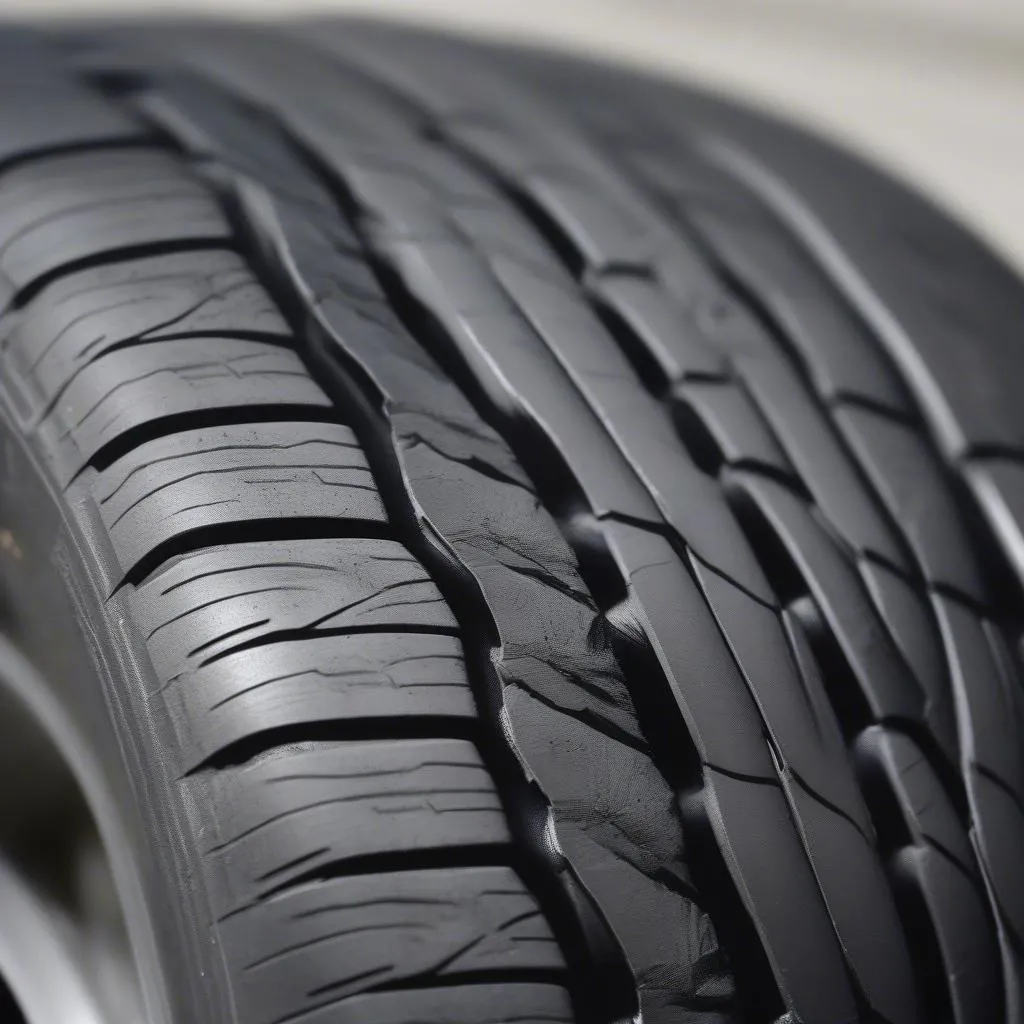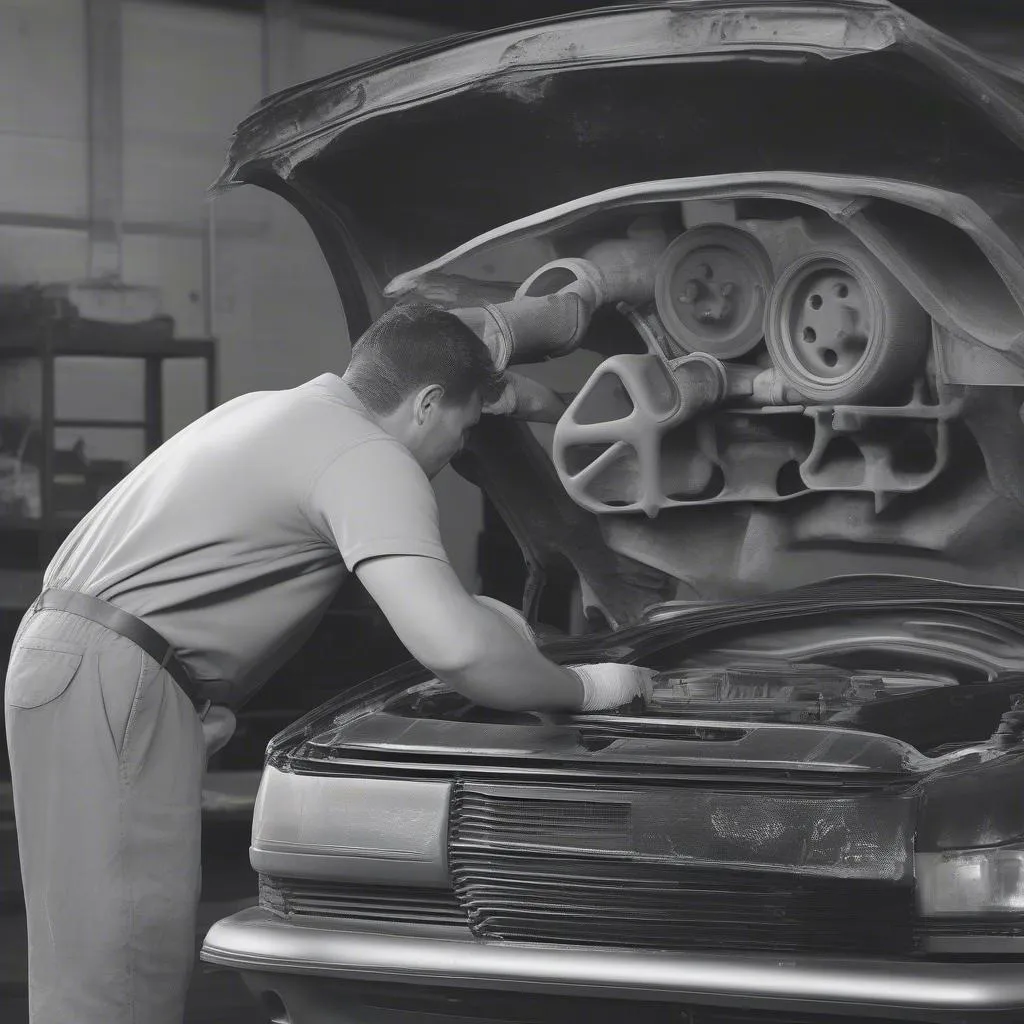Have you ever felt that unsettling vibration beneath you while driving? It’s like your car is trying to do a little dance, except it’s not exactly graceful. That’s your car shaking, and it’s a common issue that can be caused by various factors. In this article, we’ll dive into the reasons why your car might shake, explore potential solutions, and provide some insights from the experts.
What Does it Mean When Your Car Shakes?
A shaking car can be a sign of underlying mechanical issues. This shaking might be felt at idle, when accelerating, or even at certain speeds. The shaking sensation can range from a slight tremor to a violent shudder, and it’s crucial to understand what’s causing it to ensure your safety and avoid further damage.
Common Reasons Why Your Car Shakes
Engine Misfires
Imagine a perfectly orchestrated symphony where each instrument plays in harmony. Now imagine one instrument suddenly goes out of tune—that’s what a misfire is like in your engine. A misfire occurs when one or more cylinders fail to ignite properly, causing a jarring vibration throughout the car.
Think of it like this: Imagine a drummer hitting a drum with uneven force. The sound won’t be smooth and rhythmic; instead, it will create a shaky, jarring sound. The same principle applies to your car’s engine.
Possible causes of engine misfires:
- Spark plugs: Worn-out or faulty spark plugs can fail to ignite the air-fuel mixture properly.
- Ignition coils: These coils are responsible for delivering electricity to the spark plugs. If they malfunction, they can cause misfires.
- Fuel injectors: Faulty injectors can deliver an inconsistent fuel spray, leading to misfires.
Uneven Tire Wear
Ever heard the saying “a rolling stone gathers no moss”? A rolling tire with uneven wear is like a stone that’s not rolling smoothly—it can cause your car to shake. When tires wear unevenly, they can cause imbalances that result in vibrations transmitted to the steering wheel, causing the car to shake.
Possible causes of uneven tire wear:
- Underinflation: Underinflated tires can wear out faster on the outer edges.
- Overinflation: Overinflated tires can wear out faster in the center.
- Misalignment: Misaligned wheels can cause uneven wear patterns.
Worn Suspension Components
Imagine a car’s suspension as a complex network of springs, shock absorbers, and other components that work together to absorb bumps and keep the car stable. Over time, these components can wear out, leading to a shaky ride.
Imagine a playground swing that’s missing its chains or springs—it’s not going to be able to swing smoothly anymore. The same applies to your car’s suspension. Worn-out suspension components can make the car feel wobbly and unstable.
Possible causes of worn suspension components:
- Shock absorbers: These components absorb bumps and vibrations. When they wear out, the car can bounce excessively.
- Ball joints: These joints connect the steering wheel to the suspension. If they wear out, the steering can become loose and the car can shake.
- Tie rod ends: These rods connect the steering wheel to the wheels. If they wear out, the car can shake and the steering can become difficult.
Wheel Bearings
Wheel bearings are like tiny, tireless workers that keep your wheels spinning smoothly. Over time, these bearings can wear out, causing a grinding noise and shaking, especially when turning.
Possible causes of worn wheel bearings:
- Lack of lubrication: Insufficient lubrication can cause friction and wear.
- Damage: A damaged wheel bearing can lead to premature wear.
Loose Wheel Bolts
Have you ever tightened a loose screw on a piece of furniture? You’ll notice that the furniture won’t be as stable anymore. Similarly, if your wheel bolts are loose, they can cause your wheels to wobble, resulting in a shaking car.
Possible causes of loose wheel bolts:
- Improper tightening: Wheel bolts need to be tightened to the proper specifications.
- Impact damage: A pothole or curb impact can loosen wheel bolts.
Transmission Issues
Your car’s transmission is like a gearbox that smoothly transfers power from the engine to the wheels. However, if the transmission malfunctions, it can cause vibrations and shaking.
Possible causes of transmission issues:
- Slipping clutch: A slipping clutch can cause a shaking sensation, especially when accelerating.
- Worn transmission parts: Worn-out transmission parts can cause a rough shift and shaking.
Engine Mounts
Imagine your engine as a powerful engine that needs a stable platform to operate smoothly. This is where the engine mounts come in—they act like shock absorbers, preventing excessive engine movement and vibrations from reaching the car’s chassis. Worn-out engine mounts can lead to a shaking car, especially during acceleration or braking.
Possible causes of worn engine mounts:
- Age and wear: Engine mounts are rubber components that degrade over time.
- Extreme temperatures: Heat and cold can affect the elasticity of engine mounts.
How to Diagnose and Fix a Shaking Car
If you notice your car shaking, it’s important to take it to a trusted mechanic for diagnosis. They can inspect the car thoroughly and pinpoint the root cause of the issue. Depending on the diagnosis, they can recommend the necessary repairs or replacements.
Diagnosing the Shaking:
- Observe the shaking: Note when the shaking occurs—at idle, when accelerating, when braking, or at certain speeds. This will help narrow down the potential causes.
- Check for warning lights: If the check engine light is on, this could indicate an engine misfire or other problem.
- Listen for unusual noises: Pay attention to any sounds that accompany the shaking, such as grinding, clunking, or rattling.
Repairing the Shaking:
Once the cause of the shaking has been identified, the mechanic can make the necessary repairs. This might include:
- Replacing worn spark plugs, ignition coils, or fuel injectors
- Rotating or replacing tires
- Replacing worn suspension components, such as shock absorbers, ball joints, and tie rod ends
- Repairing or replacing wheel bearings
- Tightening wheel bolts
- Repairing transmission issues
- Replacing worn engine mounts
Frequently Asked Questions about Car Shaking
Q: My car shakes at idle. What could be wrong?
A: A shaking car at idle is often a sign of an engine misfire. This can be caused by faulty spark plugs, ignition coils, or fuel injectors.
Q: My car shakes when I accelerate. What could be wrong?
A: A shaking car during acceleration can be caused by a number of issues, including engine misfires, worn suspension components, or transmission problems.
Q: My car shakes when I go over 50 mph. What could be wrong?
A: A shaking car at high speeds can be caused by a few things, including uneven tire wear, worn wheel bearings, or suspension problems.
Q: My car shakes at 60 mph. What could be wrong?
A: Shaking at 60 mph can be attributed to similar causes as shaking at 50 mph, but it’s important to have it checked by a professional to determine the exact cause.
Conclusion
A shaking car can be a sign of several issues, but it’s essential to address it promptly to ensure your safety and avoid further damage. From engine misfires to worn suspension components, understanding the common causes and potential solutions will help you navigate the issue and get back on the road smoothly.
Remember, a regular car maintenance schedule and prompt attention to any unusual noises or vibrations can help prevent costly repairs down the line.
Do you have any questions about a shaking car? Leave a comment below or contact us for personalized advice.
 Dashboard showing check engine light
Dashboard showing check engine light
 Uneven tire wear
Uneven tire wear
 Worn suspension components
Worn suspension components
We’re here to help! Contact us via WhatsApp: +84767531508 for expert advice on car maintenance and diagnostics. We offer 24/7 support for all your automotive needs.